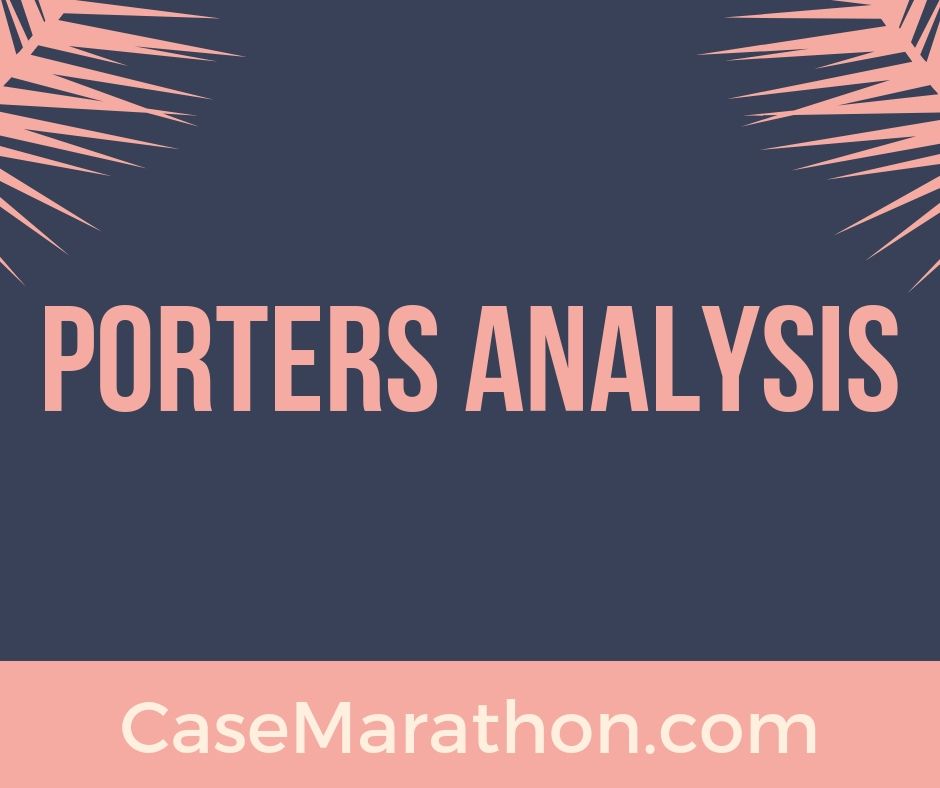The Weather Company Creating Consumer Apps That Leverage Its Big Data has obtained a number of business that assisted it in diversification and development of its product's profile. This is the detailed description of the Porter's model of five forces of The Weather Company Creating Consumer Apps That Leverage Its Big Data Company, given in Exhibition B.
Competitiveness
There is severe competition in the market of food and drinks. The Weather Company Creating Consumer Apps That Leverage Its Big Data is among the top business in this competitive industry with a variety of strong rivals like Unilever, Kraft foods and Group DANONE. The Weather Company Creating Consumer Apps That Leverage Its Big Data is running well in this race for last 150 years. Each company has a definite share of market. This competition is not just restricted to the price of the item but also for quality, innovation and variation. Every market is aiming hard for the upkeep of their market share. The competitors of other companies with The Weather Company Creating Consumer Apps That Leverage Its Big Data is rather high.
Threat of New Entrants
A number of barriers are there for the new entrants to take place in the customer food market. Only a few entrants be successful in this industry as there is a requirement to understand the consumer requirement which requires time while recent rivals are aware and has actually advanced with the customer loyalty over their items with time. There is low risk of new entrants to The Weather Company Creating Consumer Apps That Leverage Its Big Data as it has quite big network of distribution internationally controling with well-reputed image.
Bargaining Power of Suppliers
In the food and drink industry, The Weather Company Creating Consumer Apps That Leverage Its Big Data owes the biggest share of market requiring higher number of supply chains. This triggers it to be a picturesque purchaser for the providers. Any of the supplier has actually never ever expressed any grumble about cost and the bargaining power is likewise low. In response, The Weather Company Creating Consumer Apps That Leverage Its Big Data has likewise been concerned for its providers as it believes in long-term relations.
Bargaining Power of Buyers
There is high bargaining power of the buyers due to great competitors. Switching cost is quite low for the consumers as many companies sale a number of similar items. This seems to be a great risk for any business. Thus, The Weather Company Creating Consumer Apps That Leverage Its Big Data makes certain to keep its customers satisfied. This has actually led The Weather Company Creating Consumer Apps That Leverage Its Big Data to be among the faithful business in eyes of its buyers.
Threat of Substitutes
There has actually been a terrific risk of substitutes as there are substitutes of a few of the Nestlé's products such as boiled water and pasteurized milk. There has actually likewise been a claim that some of its items are not safe to utilize leading to the reduced sale. Hence, The Weather Company Creating Consumer Apps That Leverage Its Big Data began highlighting the health advantages of its products to cope up with the replacements.
Competitor Analysis
The Weather Company Creating Consumer Apps That Leverage Its Big Datas covers much of the popular consumer brand names like Set Kat and Nescafe and so on. About 29 brands amongst all of its brands, each brand made a profits of about $1billion in 2010. Its major part of sale is in North America constituting about 42% of its all sales. In Europe and U.S. the top significant brands sold by The Weather Company Creating Consumer Apps That Leverage Its Big Data in these states have a terrific trusted share of market. The Weather Company Creating Consumer Apps That Leverage Its Big Data, Unilever and DANONE are 2 large markets of food and drinks as well as its main rivals. In the year 2010, The Weather Company Creating Consumer Apps That Leverage Its Big Data had actually earned its annual profit by 26% increase because of its increased food and drinks sale specifically in cooking things, ice-cream, drinks based upon tea, and frozen food. On the other hand, DANONE, due to the increasing prices of shares resulting an increase of 38% in its revenues. The Weather Company Creating Consumer Apps That Leverage Its Big Data lowered its sales cost by the adaptation of a new accounting treatment. Unilever has number of workers about 230,000 and functions in more than 160 nations and its London headquarter. It has actually ended up being the second biggest food and drink market in the West Europe with a market share of about 8.6% with just a distinction of 0.3 points with The Weather Company Creating Consumer Apps That Leverage Its Big Data. Unilever shares a market share of about 7.7 with The Weather Company Creating Consumer Apps That Leverage Its Big Data ending up being very first and ranking DANONE as third. The Weather Company Creating Consumer Apps That Leverage Its Big Data attracts local customers by its low cost of the product with the local taste of the items preserving its top place in the worldwide market. The Weather Company Creating Consumer Apps That Leverage Its Big Data company has about 280,000 workers and functions in more than 197 countries edging its rivals in numerous areas. The Weather Company Creating Consumer Apps That Leverage Its Big Data has actually also decreased its cost of supply by introducing E-marketing in contrast to its rivals.
Note: A quick comparison of The Weather Company Creating Consumer Apps That Leverage Its Big Data with its close competitors is given up Display C.
Exhibit B: Porter’s Five Forces Model

